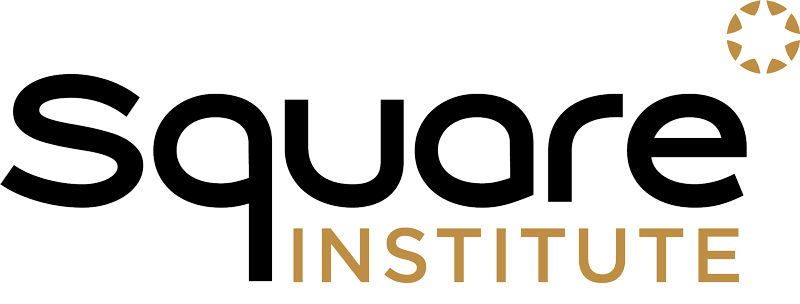The Square Research Center brings together around thirty PhDs, doctoral students, and consultants, who contribute to furthering applied R&D and preparing the future of business. Twenty-five R&D programmes aligned with our areas of excellence.
WHO ARE WE?
The Square Research Center was created to promote the development of applied R&D work at Square Management. Its purpose is to design and test the most innovative approaches and tools, in order to provide a relevant response to major problems faced by organisations. The Square Research Center combines researchers (PhDs and doctoral students), consultants, academic partners, and public and private organisations with the production of new knowledge and solutions, geared towards action and designed for concrete implementation.
WHAT DO WE DO?
The Square Research Center encourages its teams to remove the scientific and technological barriers that prevent organisations from addressing in depth the ‘problems’ they face, whether new, emerging or already known. To this end, we develop models, solutions, and tools for our clients, partners, and consultants. We share our results at academic seminars, professional events, and in publications and use our discoveries in the context of the missions entrusted to us by our clients.
HEAD OF THE SQUARE RESEARCH CENTER

The PROGRAMS
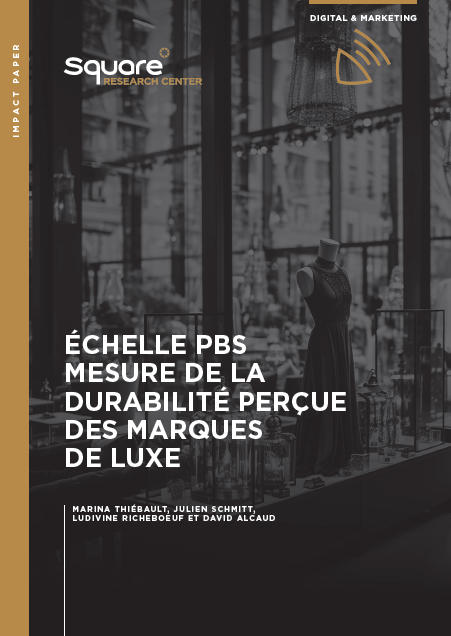
ÉCHELLE PBS MESURE DE LA DURABILITÉ PERÇUE DES MARQUES DE LUXE
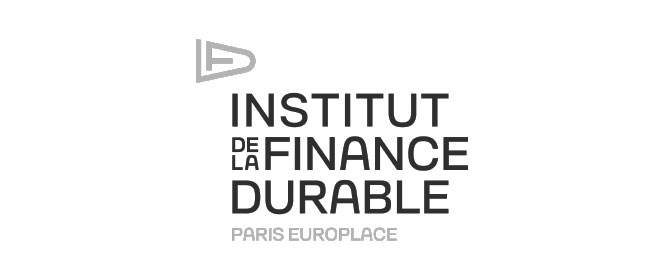
Portfolio alignment
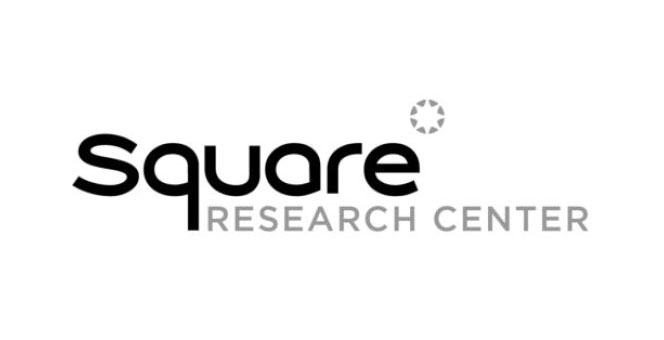
Machine learning to resolve poor data ‘quality’

Design Network
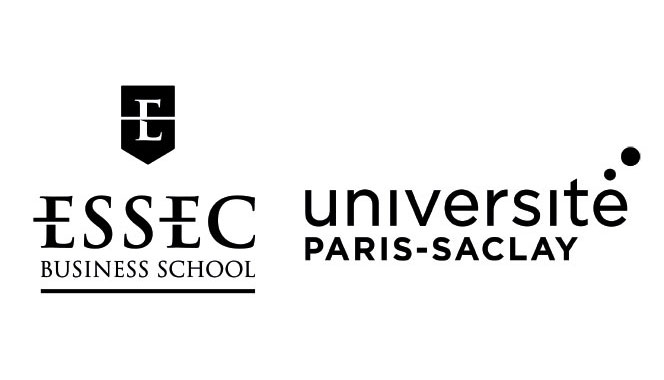
Be clean or contribute to the transition? csr and the challenge of sustainability
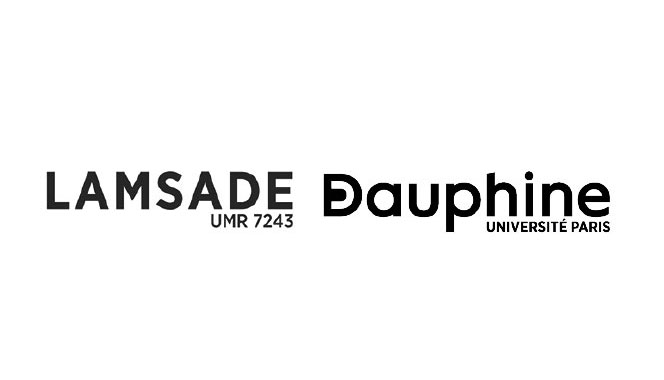
Explicability of ‘black box’ ai* models
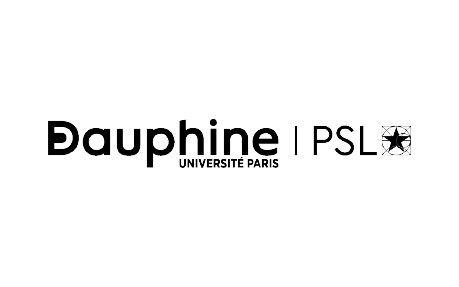
Causal inference: the uplift

Incorporating climate risks into the value of property assets
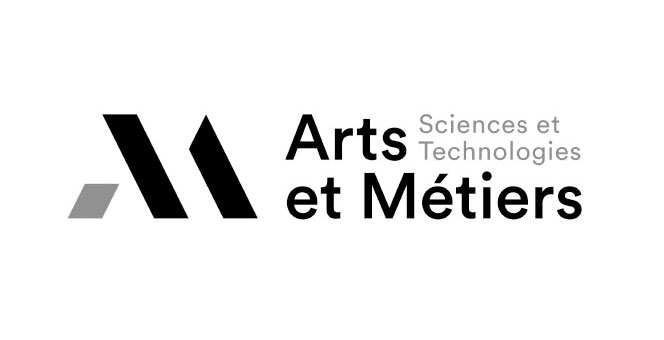
Digital twins of warehouses — intralogistics
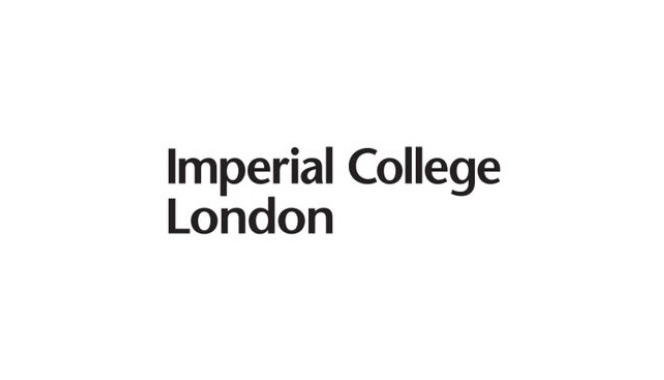
Insurance to meet the challenge of the climate transition
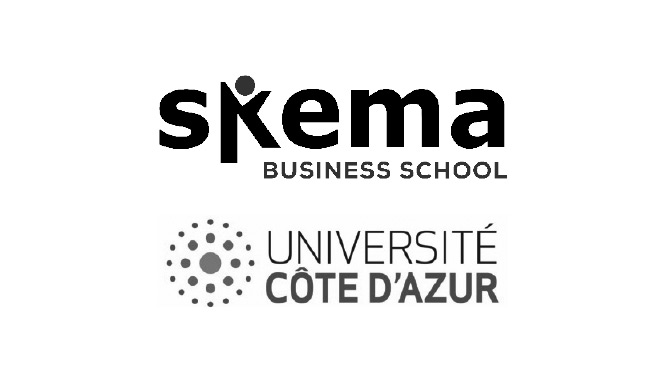
AI* to help assess the impact of climate change on the activities in the financial sector

AI* for supply chain resilience and sustainability

AI* and NLP* in the service of CSR

Modelling of the impact of physical and transition risk on insurance company solvency
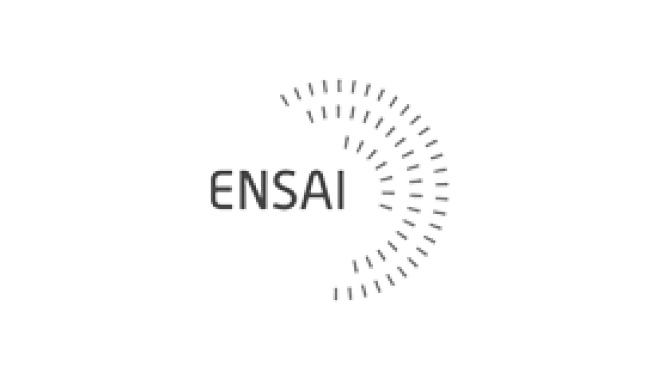
Modelling of the impact of physical and transition risk on banks’ solvency

Modelling of organisational culture

New responsible marketing business models

New working and management methods

Responsible digital technology

Value-based strategy: driving performance through value
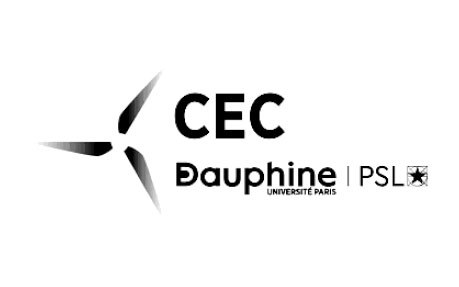
Managing the decarbonisation of property assets

Platformisation and innovation strategies
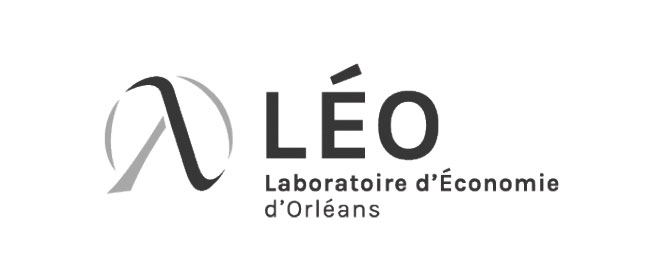
Bank sustainability
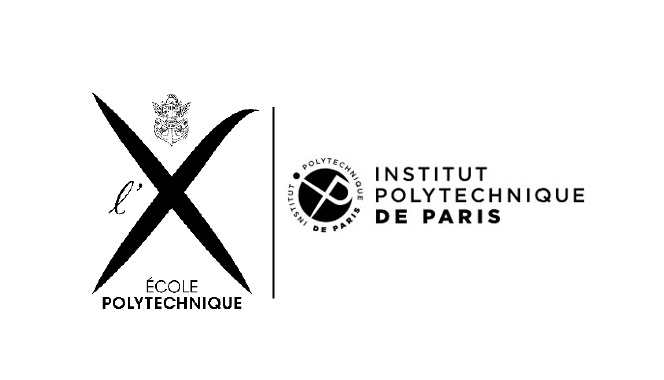
Transition to responsible innovation
NOUS CONTACTER
92200 Neuilly-sur-Seine
+33 1 46 40 40 00

